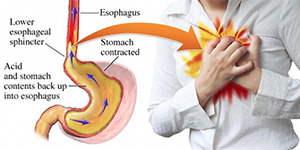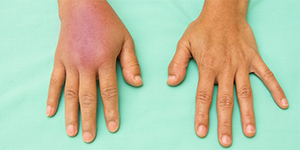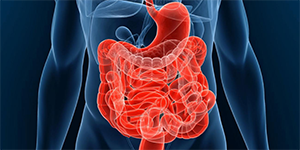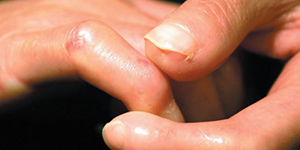Eating Well with Scleroderma
Scleroderma is a chronic disease in which tiredness, digestive problems and nutrient deficiencies are common. A diet for it full of good nutrients is vital to manage symptoms and thereby improve quality of life. There is not one simple ‘scleroderma diet’ since the symptoms, and their severity varies from person to person. However, establishing a balanced diet with food that fights inflammation whilst at the same time providing energy, protein, vitamins and minerals should be the aim for everyone with the disease.
Malnutrition
Malnutrition is something that people with scleroderma are at increased risk of, even if following a healthy diet. This can be caused nutrients not being absorbed well by the gastrointestinal tract, or because appetite is poor and not enough food is being eaten or because preparation of the food is challenging or because chewing and swallowing can be difficult. Monitoring your weight at home regularly should reduce your risks for falling into malnutrition.
Health professionals can take blood samples to test for protein and specific vitamin and mineral deficiencies. This includes blood tests to assess iron levels as well as zinc and B12, vitamin D, carotene and more.
If chewing or swallowing is a problem, fruit and vegetables can be blended into a juice and making home-made smoothies with protein powders are also helpful. Soft proteins that make good snacks are cottage cheese and scrambled eggs. There are a number of healthy fats to add to a diet including olive, canola and peanut oils; nuts, seeds and nut butter; avocado; fatty fish; and oil-based salad dressings.
General diet recommendations
Eat small meals every three to four hours if you can only eat small amounts at a time. Some eat every two hours to maintain optimal weight. Keep processed foods to a minimum, cutting out preservatives, artificial ingredients or hydrogenated oils. Herbs are good to add to foods, including antioxidant, anti-inflammatory herbs and spices, including basil, rosemary, oregano, cinnamon, ginger, paprika, cayenne, turmeric and curry powder. Try to remove added sugars, though natural sugars in milk, fruit and yoghurt are not a concern.
Food for gastrointestinal symptoms
For severe gas, bloating, discomfort, diarrhoea and/or constipation, consider removing foods containing wheat (gluten) or dairy (lactose) from your diet, one food item at a time. These foods often are difficult to digest. If removing wheat and/or dairy products does not provide relief, starting diet low in sugars and carbohydrates that are difficult to digest can be helpful
Reflux or heartburn
Eat small meals often and avoid eating two or three hours before bedtime. Avoid citrus fruits, tomato products, fried foods, coffee, garlic, onions, peppermint, gas-producing foods like beans, spicy foods and fizzy drinks as well as alcohol.
Fatigue
Maintain stable energy levels with small, frequent meals, so that blood sugar levels remain stable. Moderate daily exercise, like walking or yoga help. Try and get at least seven hours of sleep each night and take an iron supplement if levels are low, taken with vitamin C for better absorption.
Inflammation
Dark coloured fruit and vegetables will increase antioxidant intake, especially dark green, red, purple and blue. Fatty fish, walnuts and foods rich in vitamin E like nuts, seeds and olive are all good too. Vitamin D helps with the absorption of fats.
Constipation
Exercise helps food move through the digestive tract — East whole grains, fruit and vegetables and increase fluid intake.
Poor circulation
Exercise is important, and zine and iron will help wound healing and can be found in beef and pork.
Tight, thickened skin
Eat food rich in vitamin E and consider taking a biotin supplement.







